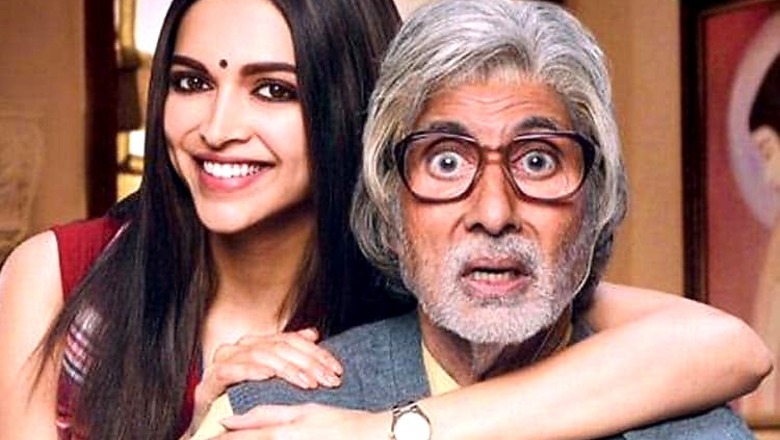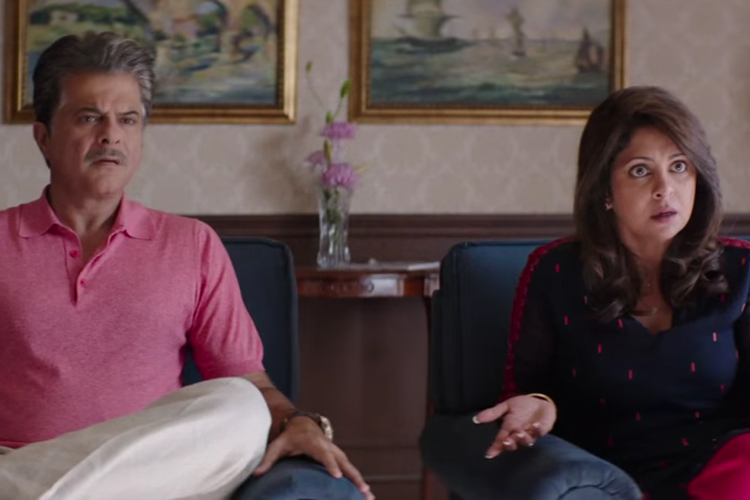
views
Two films in the past one month showcased the father-child relation in a rather realistic yet contrasting manner. First was Shoojit Sircar’s ‘Piku’ which had a father-daughter’s story forming the core of the film, the second was Zoya Akhtar’s ‘Dil Dhadakne Do’ which had a selfish father using his children for his own good.
Two very contrasting characters, yet both seem to have come a long way from the stereotypical father-figure that has been depicted all these years in Hindi cinema. The father in Hindi cinema has always been either the villain, authoritative or self-sacrificial. He has either opposed a love from blooming or he has put his family’s happiness before his own and compromised in the bargain. But both in ‘Piku’ and ‘Dil Dhadakne Do’, the patriarch has been rather gray- selfish at times, demanding attention yet being overprotective towards his children.
In ‘Piku’, Amitabh Bachchan played the whiny, complaining, hypochondriac Bhaskor Banerjee to perfection. A character who suffered from chronic constipation, needed his daughter (played by Deepika Padukone) at all times and was against her getting married. Mildly selfish, Banerjee played a modern Bengali father who was proud of his daughters achievements and was even cool that she was ‘sexually independent’ and argued with one and all that how she did not need a husband to live a happy life.
Anil Kapoor in ‘Dil Dhadakne Do’ also played a very contemporary father, who is cool having a drink or two with his children yet is apprehensive about defying traditions and age old customs. He overlooks his daughter’s achievements and wants his reluctant, less competent son to carry forward his legacy. Unlike Bhaskor Bannerjee of ‘Piku’, Kamal Mehra believes in adhering to society’s norms and even orders his daughter to not seek a divorce from her chauvinistic husband- fearing that what would people think about his family.

The two characters also give an insight to our present society where in parents have to really work hard with changing times and non-conformities. Some struggle to keep pace, and fear the conventional society and its opinion like Kamal Mehra while others become brazen about the liberated world like Bhaskor Bannerejee. Both these fathers are selfish in their own way, one thinks of his status all the time, the other is almost child-like and dependent on his child. The two fathers are also easily identifiable. Unlike their onscreen predecessors, they are not really into long lectures or loaded, disapproving stares. They make their point loud and clear-sometimes at the cost of making their kids uncomfortable.(Remember the scene where Big B wards off a prospective groom for Deepika by discussing her sex life with him?) They are protective in their own way, may get aggressive if there is a need for it (like Kamal Mehra does in the end of ‘Dil Dhadakne Do’ and tells his son-in-law to not ever raise his hand on his daughter).
The father figure in Bollywood has gone through drastic change over the years. From autocratic, conniving father who always disapproved his daughter’s relationship with the hero to now as the more approving, practical father who wants her daughter to be financially independent- fathers in Hindi cinema have come a long way. We sure hope that coming times will pave way for more such quirky characters, who are less dramatic and definitely more believable.




















Comments
0 comment